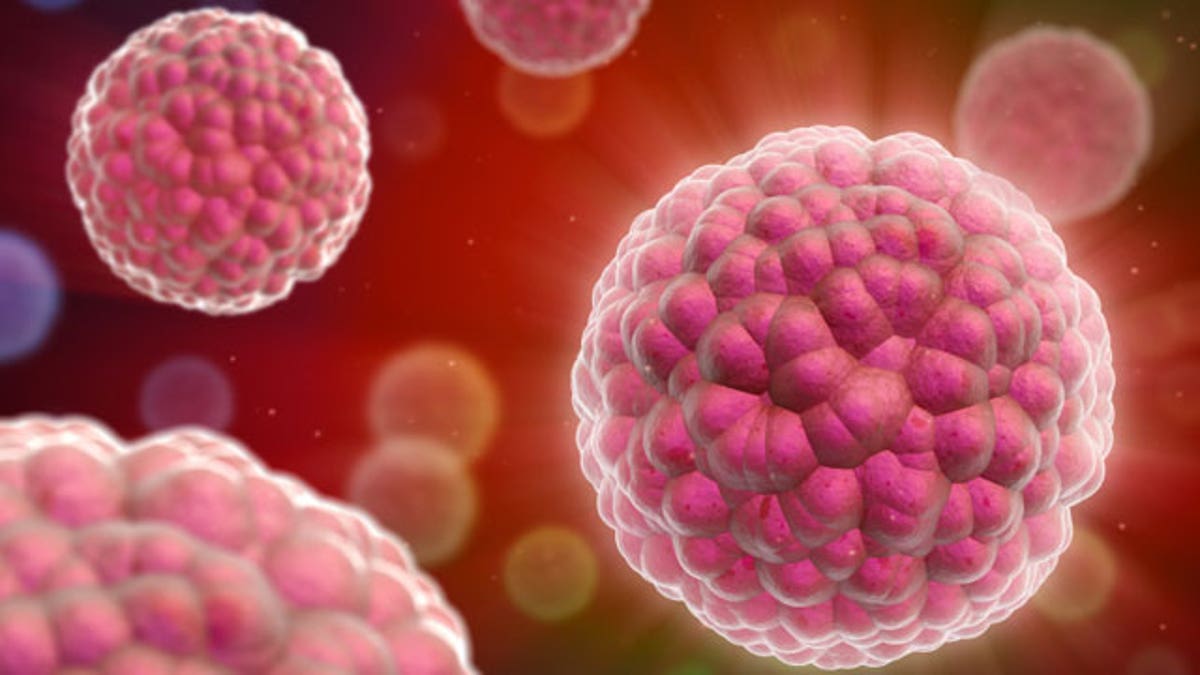
A technique to genetically modify a patient's own immune cells eradicated tumors in 14 of 16 patients with advanced leukemia—at least for a time—in a study that adds to growing enthusiasm for efforts to enlist the body's immune system in the fight against cancer.
The findings, from researchers at Memorial Sloan-Kettering Cancer Center, also add fuel to an emerging race to bring new so-called cancer immunotherapy treatments to the market. Juno Therapeutics Inc., a Seattle startup, is preparing to launch a mid-stage, or phase 2, study of the treatment based on the results of the new study. Novartis SA plans a phase 2 trial of a similar strategy developed at the University of Pennsylvania.
The patients, all adults, were diagnosed with acute lymphoblastic leukemia, or ALL, an especially aggressive disease, and all had relapsed after standard therapy. About 6,000 cases of the cancer are diagnosed in the U.S. each year, according to the American Cancer Society. About one third occur in adults, for whom the prognosis typically poor.
The researchers had previously reported success in achieving complete remissions in five of the patients. The new study, published Wednesday in the journal Science Translational Medicine, includes 11 more patients. It found that among all 16, 88 percent had a "complete response" to the treatment, meaning researchers couldn't find any molecular evidence of disease, though not all of the patients remained in remission.
"It was an impressive response rate in such a [sick] patient population," said Renier J. Brentjens, a medical oncologist at Sloan-Kettering and a senior author of the study.
